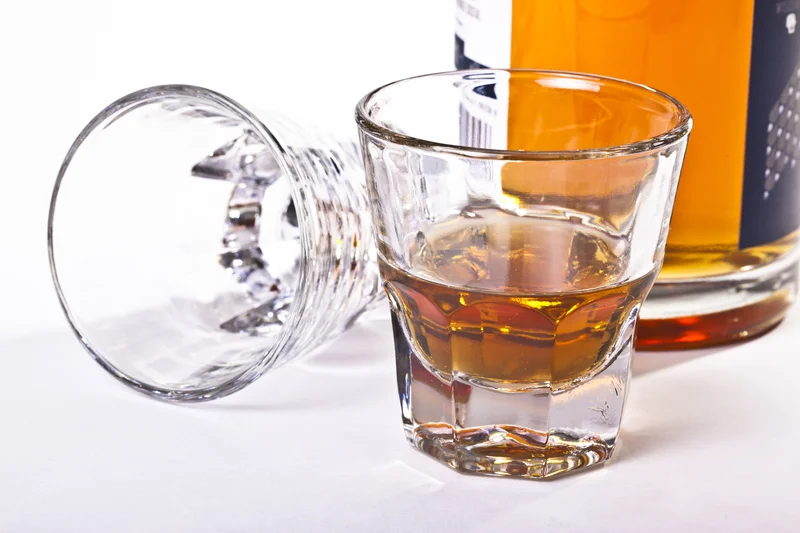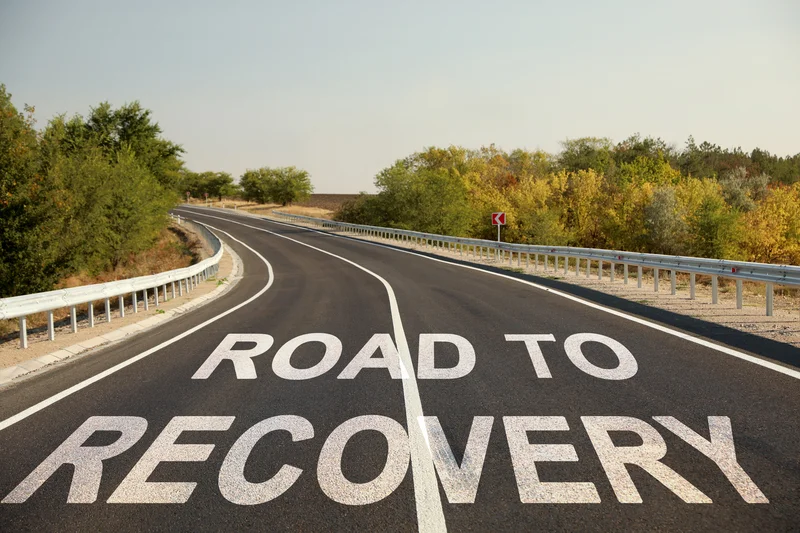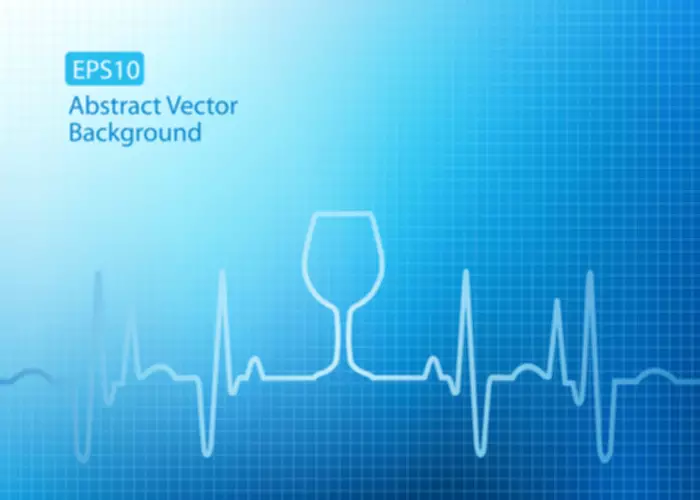
However, the alcohol content in wine, typically between 11% and 14%, is a major contributor to its dehydrating effect. The diuretic property of alcohol leads to an increased rate of fluid and electrolyte loss, outweighing the hydration benefits of the water content in wine. On the downside, the alcohol in red wine can act as a diuretic, increasing urine output and potentially leading to dehydration. Research published in the British Journal of Nutrition (Smith, 2020) indicates that alcohol consumption can impair the body’s ability to retain fluids. This effect can vary depending on the quantity and frequency of red wine consumed, making moderation crucial for preventing dehydration.

Are certain individuals more prone to dehydration caused by wine?
When it comes to how much wine you can drink before you get drunk, it is determined by a variety of factors, including your size and gender. Time between each glass of wine should be increased in order to reduce alcohol’s effects. The size and composition of body water may cause women to become intoxicated faster than men. The alcohol amphetamine addiction treatment content of a wine is typically expressed as alcohol by volume (ABV). Wines with a higher ABV will usually taste more alcoholic than those with a lower ABV.
Red Wine vs White Wine Calories – Which one is Healthier?
However, the perceived sweetness of a wine can also be affected by its alcohol content. In general, dry wines (wines with little or no residual sugar) tend to have higher ABVs and may therefore taste more alcoholic than sweeter wines. There are a few reasons that white wine may make a person feel more drunk than red wine. One reason is that white wine generally has a higher alcohol content than red wine. Another reason is that tannins, which are found in red wine, can help to counteract the effects does red wine dehydrate you more than white of alcohol.
What Is Dehydration?
Dry wines, such as Pinot Noir and Cabernet Sauvignon, typically have fewer calories than their sweet counterparts due to lesser amounts of residual sugar. Red wines, particularly varieties like Pinot Noir and Cabernet Sauvignon, are noted for their antioxidant content, specifically compounds like resveratrol that come from grape skins. These antioxidants are believed to offer protection against heart disease and may have anti-inflammatory properties. A bottle of wine (about 25 oz) can thus contain 500 to 625 calories, depending on the type and alcohol content.

Factors That Influence Dehydration from Red Wine Consumption

Indeed, a higher alcohol content generally implies a higher calorie count because alcohol has seven calories per gram, which is more than carbohydrates or proteins. So, wines with a higher alcohol content often have more calories. As a general rule, it is safe to assume that you will find it difficult to stay in control if you intend to consume more than two glasses of wine in an hour. In fact, three glasses of wine is an average amount of alcohol for men. Wine appears to have a psychological impact on personality types that are different from the norm. According to a 2,000-person survey, white wine drinkers are more extroverted and prefer to stay up later listening to punk music rather than sipping on wine.

Can sweetness perception vary among individuals?
Dehydration can lead to headaches, fatigue, dry skin, and impaired cognitive function. Therefore, understanding how beverages like red wine fit into one’s hydration strategy is crucial. Even though we often drink more beer in a sitting than wine, wine’s higher alcohol strength still nudges it ahead in the dehydration stakes when you compare equal alcohol volumes. The relationship between red wine consumption and dehydration is complex, with various perspectives and factors to consider. Wine drinkers should follow specific hydration tips to balance their alcohol intake and maintain hydration levels effectively. In that case, drinking the wine is best if you want to survive.
Drink Wine or Drink Nothing?

Although the exact mechanism behind why some people are more sensitive to tannins than others is not completely understood, there are several theories. One possible explanation is that our bodies vary in how they react to different compounds, including tannins. Another possibility is that certain individuals may have an increased sensitivity to tannin-binding proteins due to their genetic makeup.
- It is important to consult with a healthcare professional if you have any concerns or pre-existing conditions.
- They can also be a great way to add a little bit of flavor to your drink.
- That’s the notion that there’s relatively little heart disease in France, despite a tradition of eating a diet high in saturated fat (5, 6).
- It is said that red wines are more complex and contain more layers of flavor.
- For example, try drinking it with food; this will not only help neutralize some of the effects of the acid in your stomach but also slow down your overall consumption of alcohol.
Ready to Level Up Your Cooking? Watch This Now!
A lower-alcohol beer, if you don’t drink too many, will be less dehydrating than wine or hard liquor, since beer generally has a lower alcohol content. No matter what you choose to drink, drinking slowly and savoring your drink is a good way to moderate your total alcohol consumption and minimize alcohol’s dehydrating effects. Some white wines, such as off-dry Riesling, can have residual sugar and be sweeter than certain red wines. Because most red wines have high alcohol content, they can get you drunk faster than white wines. Red wines, due to their contact with grape skins during the fermentation process, often offer additional health benefits like anti-inflammatory properties which white wines may lack.